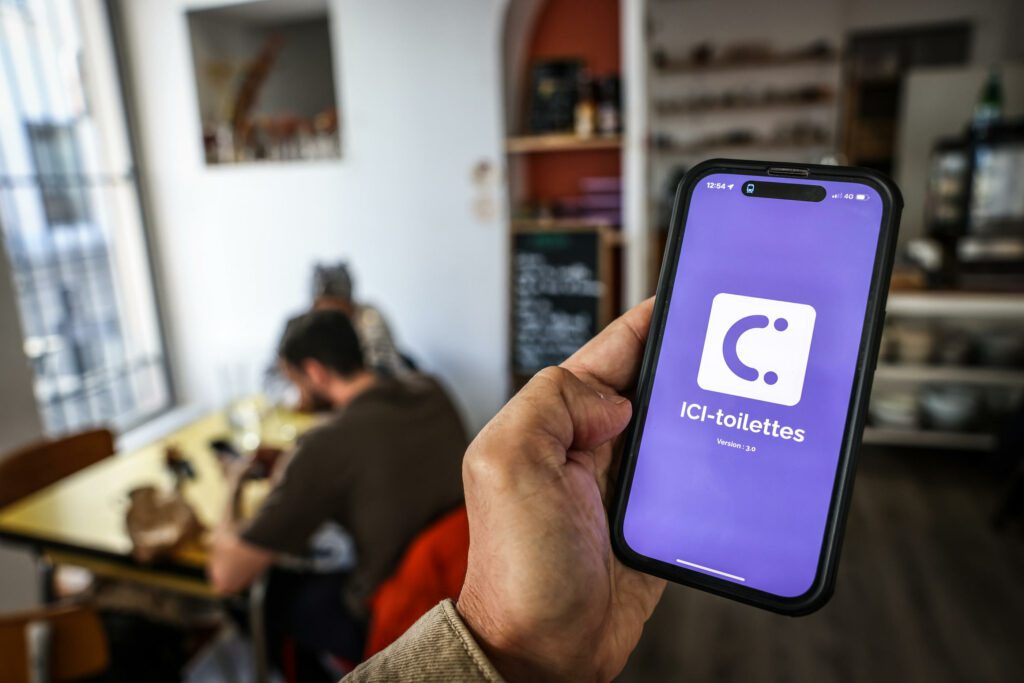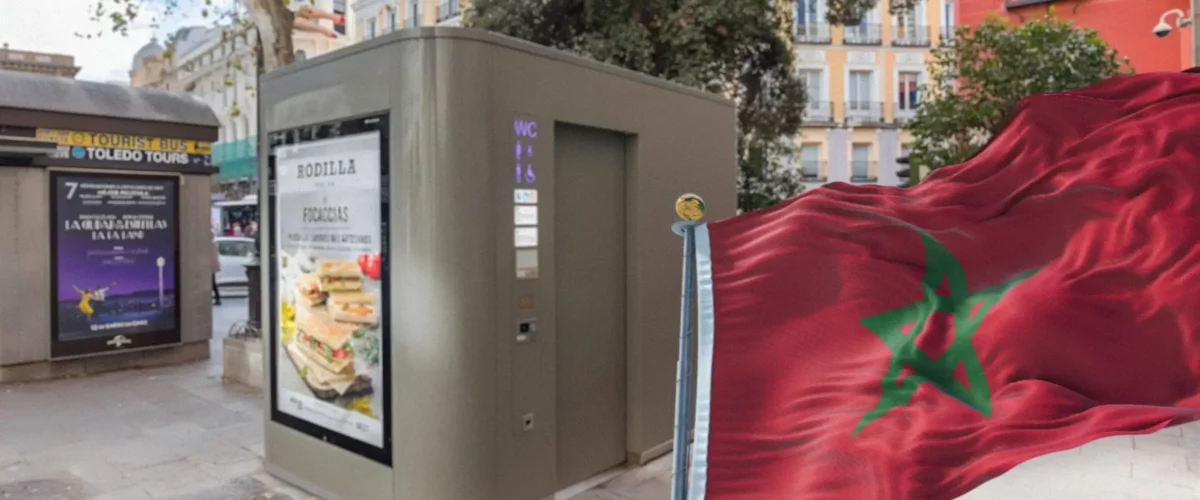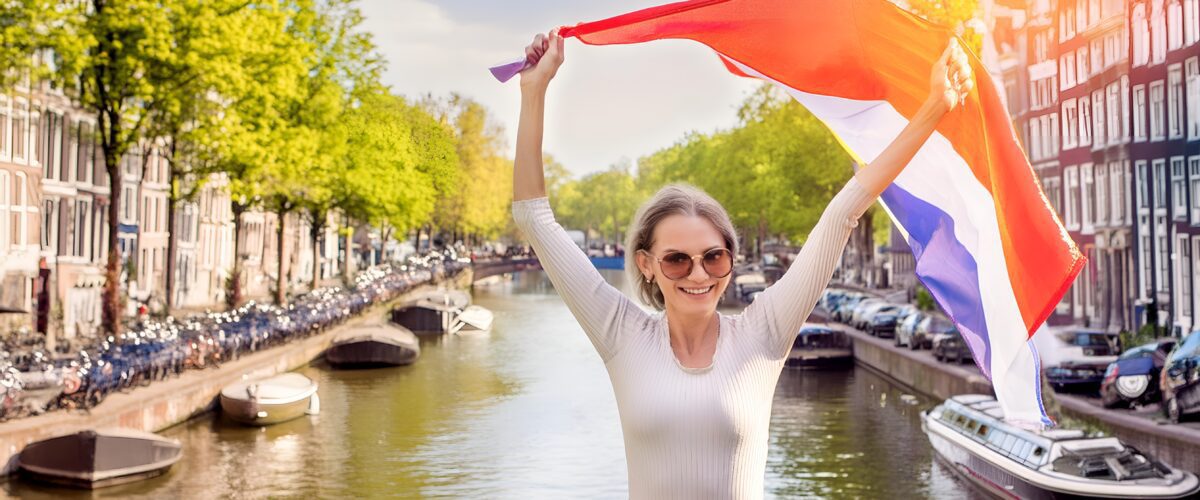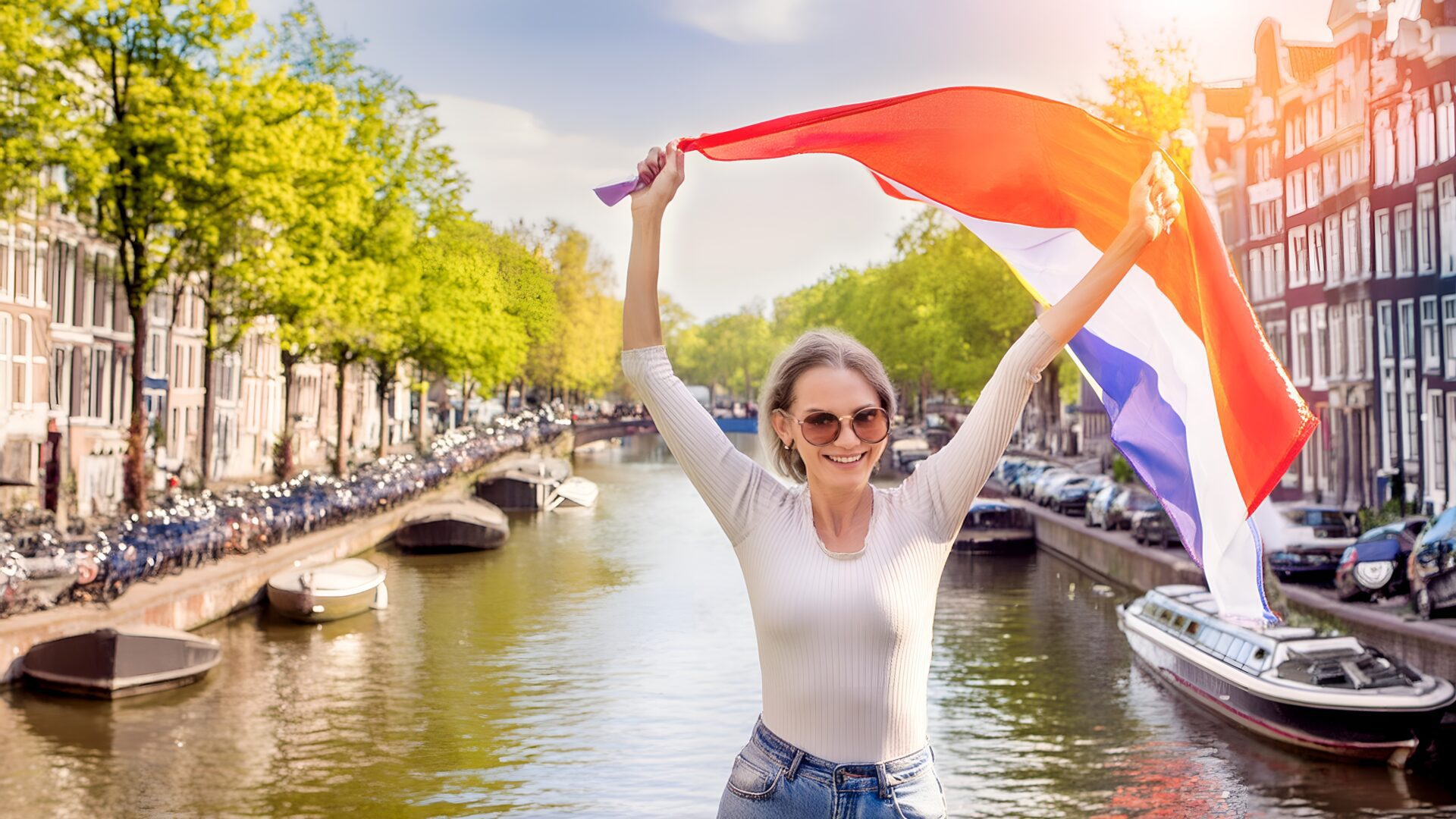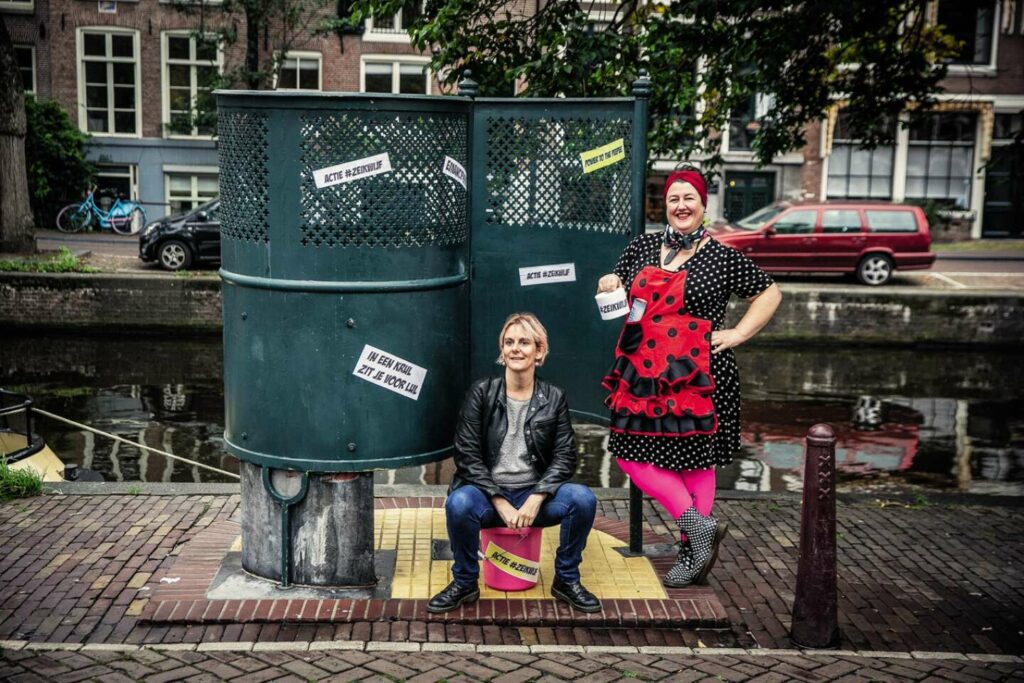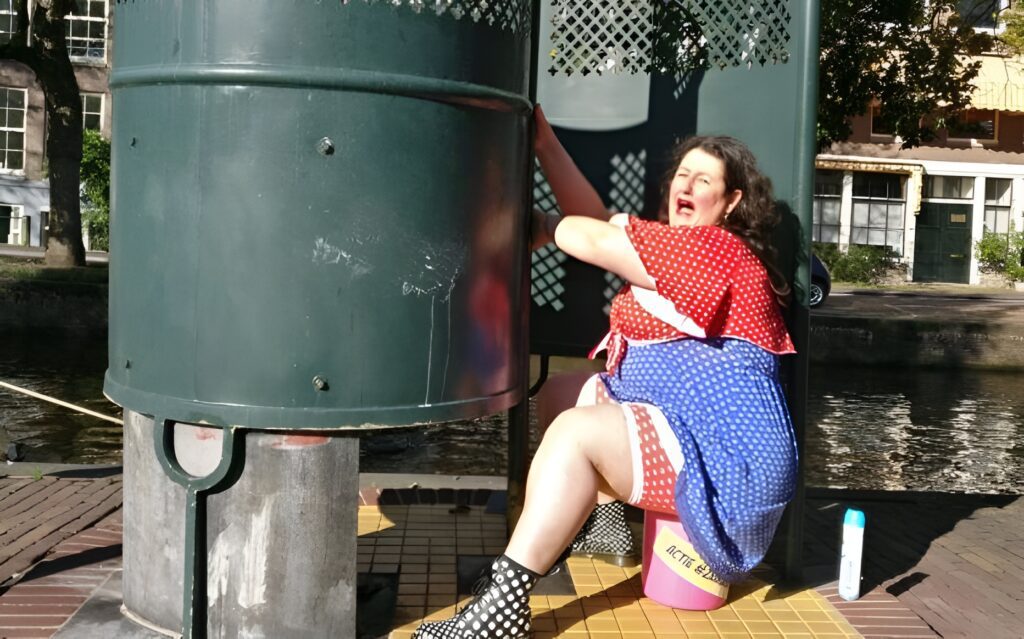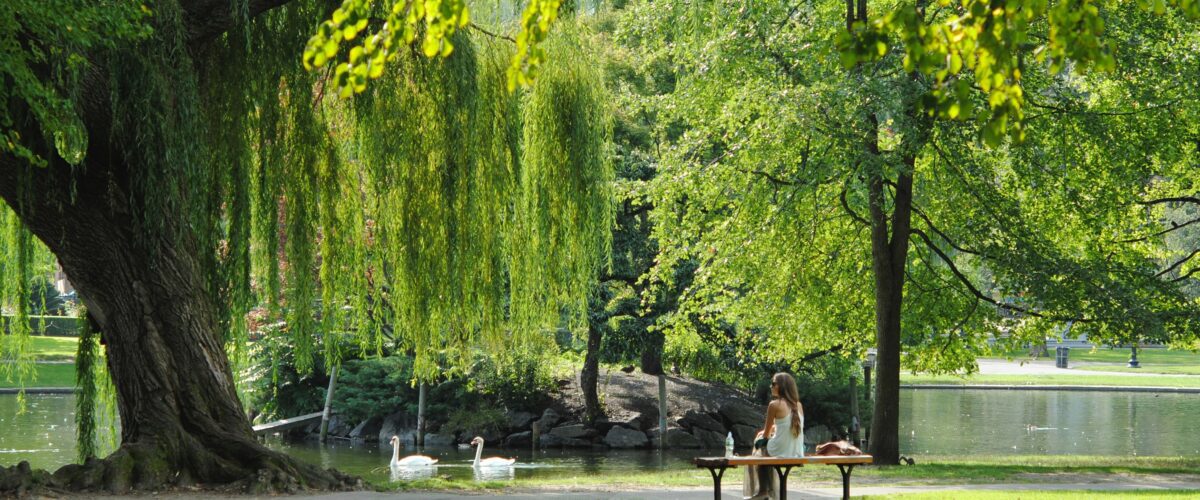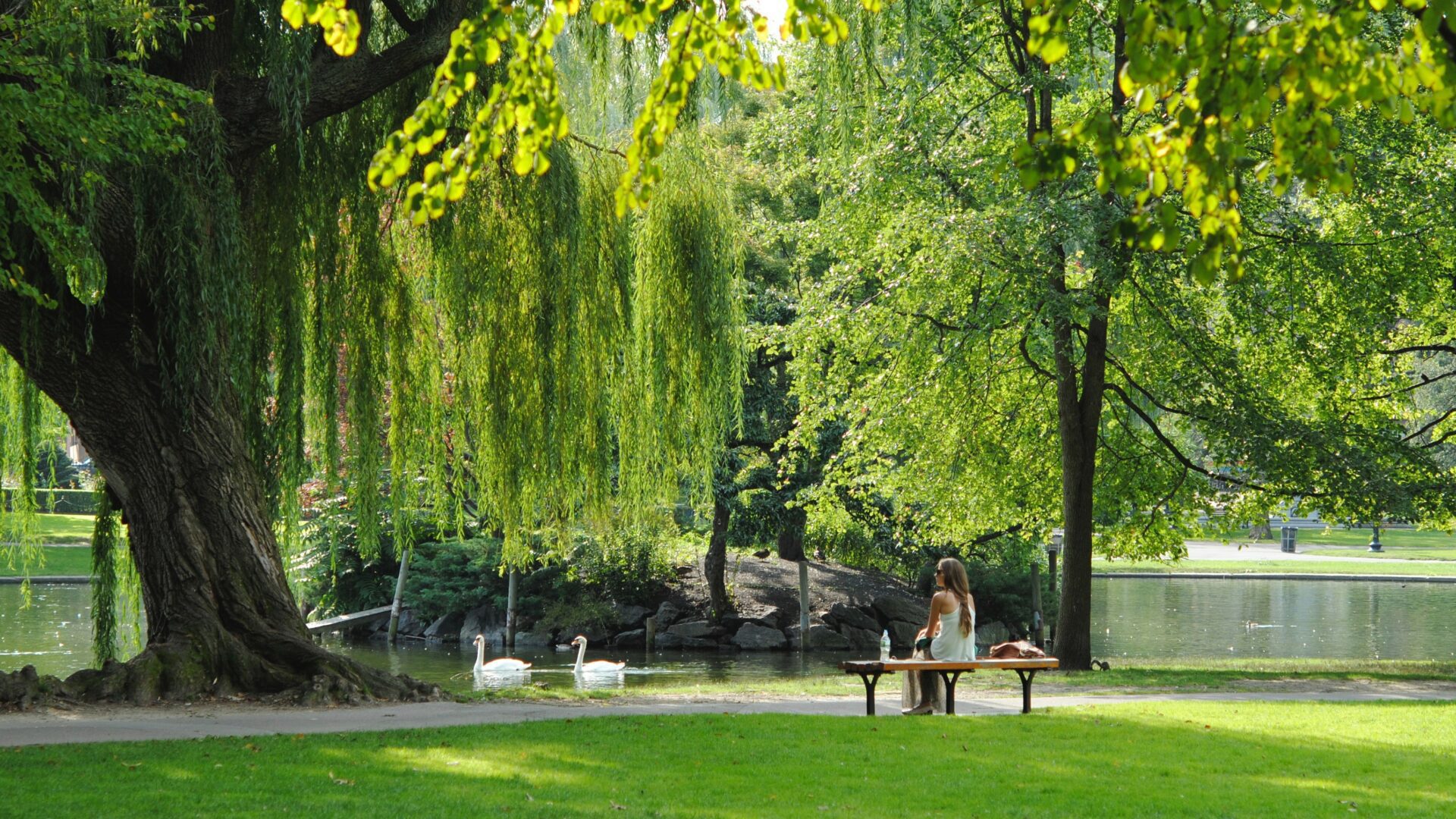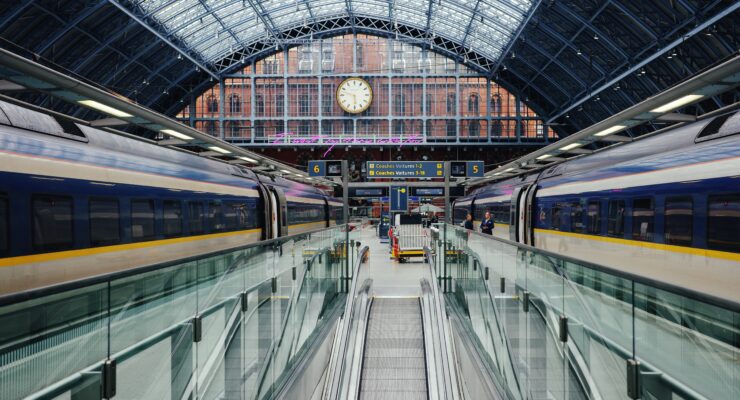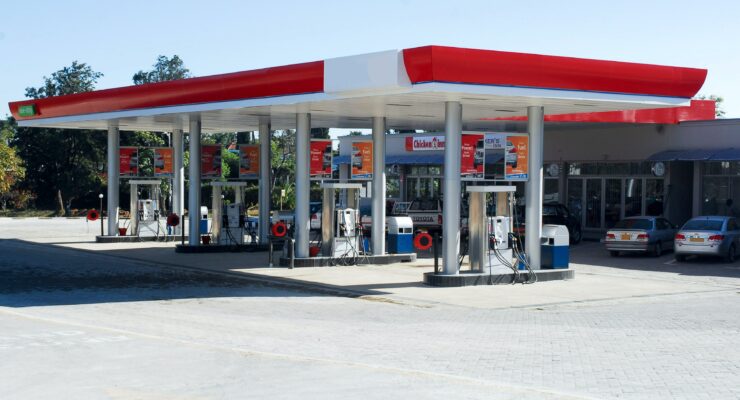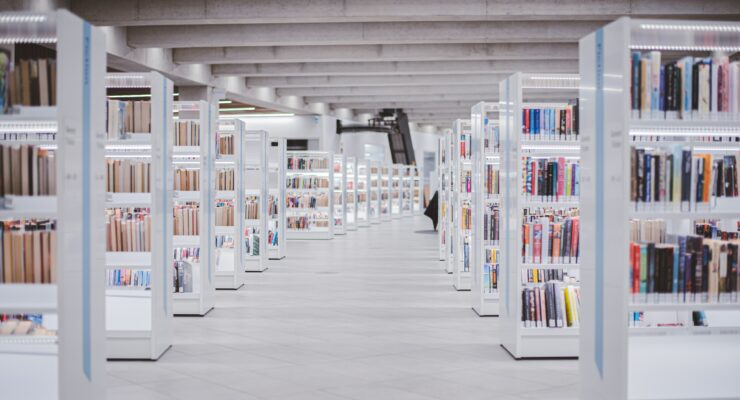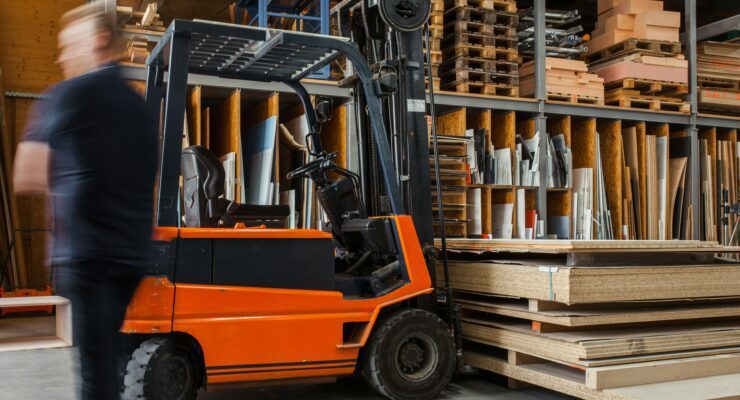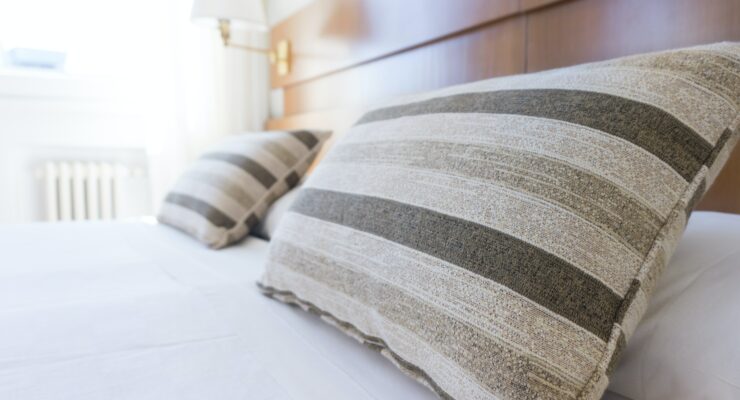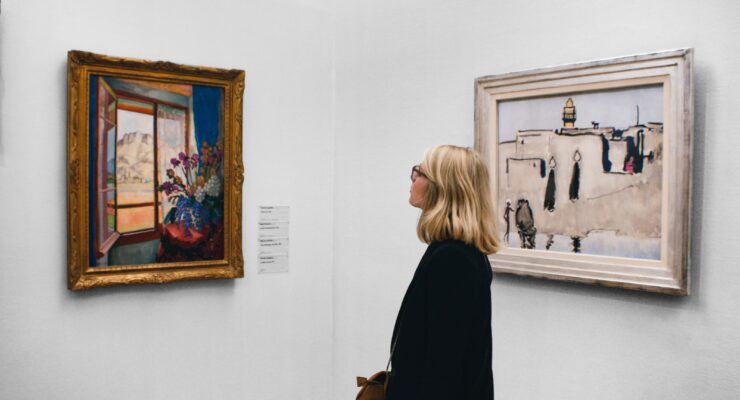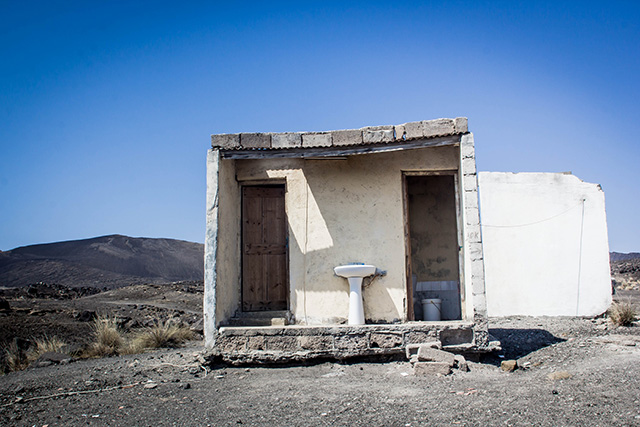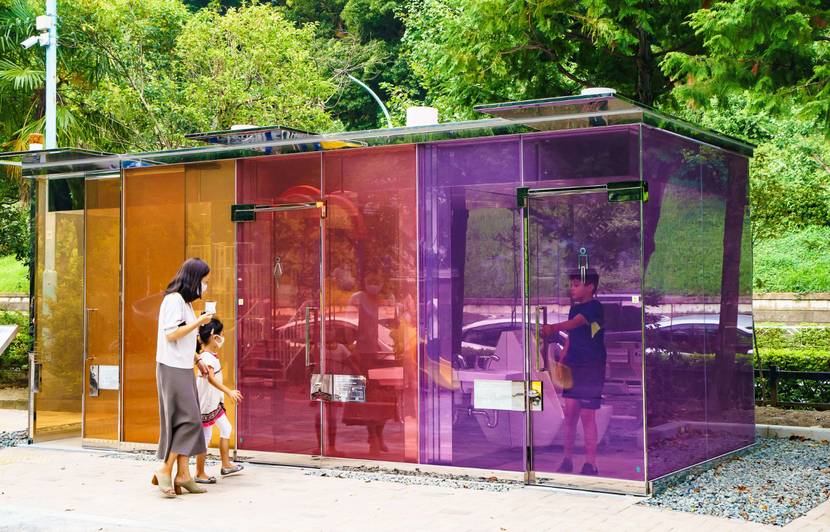Toilets Morocco: The urgent health battle!
Lack of access to toilets is a widespread problem beyond India and sub-Saharan Africa, also affecting Morocco.
Despite significant progress in the availability of drinking water and sanitation systems over the decades, 9% of the Moroccan population remains deprived of adequate sanitation facilities, forcing them to resort to natural solutions for their needs.
This situation not only affects human dignity, but also poses a serious threat to public health, encouraging the spread of diseases linked to poor hygiene. These are the findings of an in-depth study conducted by the World Health Organization (WHO) and UNICEF, published on June 30.
The study highlights regional disparities and underscores the urgent need for greater investment in health infrastructures to improve the living conditions of the most vulnerable segments of the population.
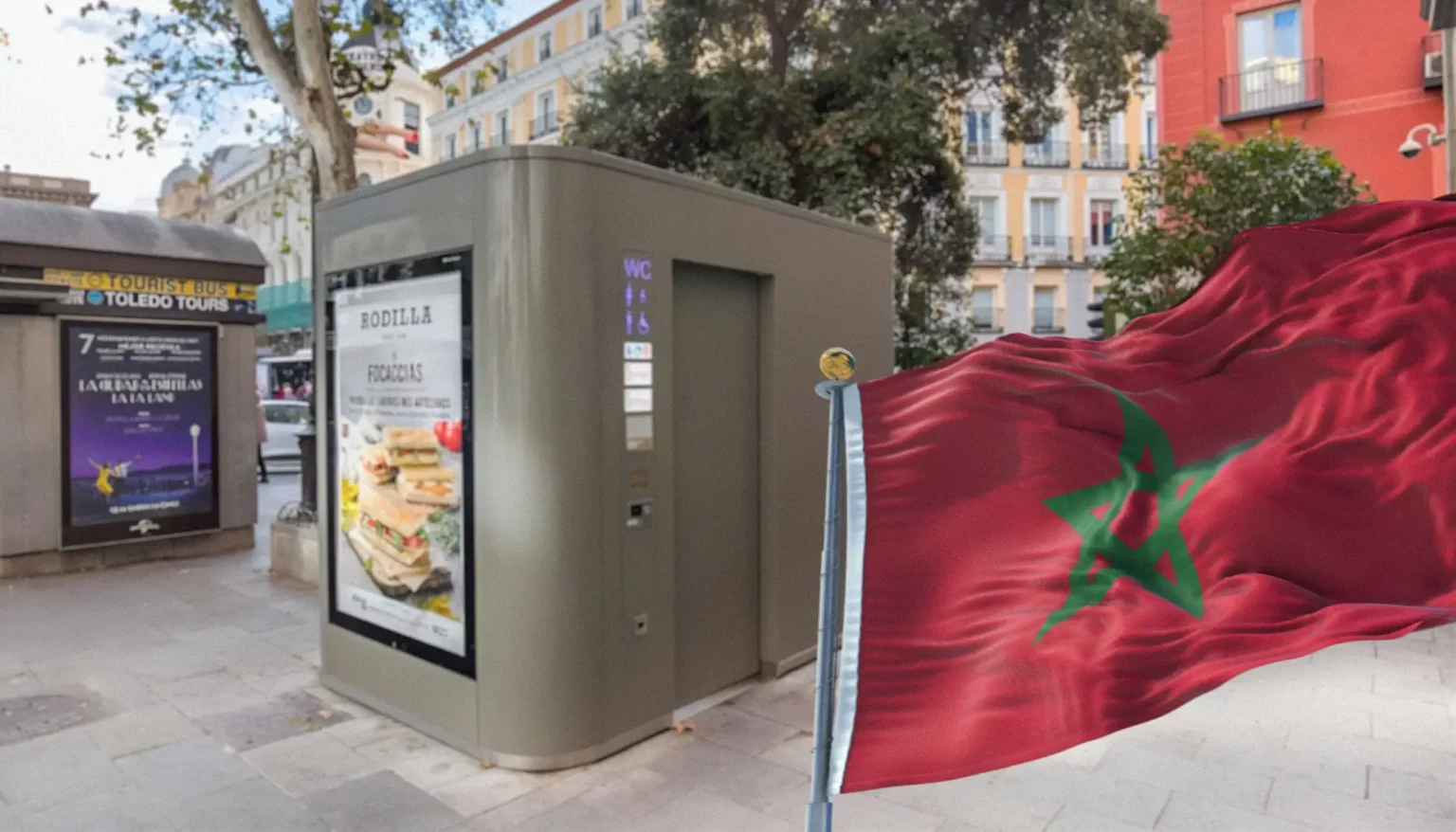
Article content
An absolute health emergency in Morocco 
In 1990, 40% of people had to be creative to find places other than the toilet to satisfy their biological needs.
Today, this figure has dropped to 9%, or around 3 million people.
Morocco has much to celebrate by reducing exposure to open defecation by 25% in 25 years.
Yet reports show that 13% of the population has no access to water.
77% have access to clean, safe toilets, while 12% share them.
The remaining 2% generally use precarious sanitary facilities.
In total, a third of the world’s population has no access to a toilet, which can be a huge problem in terms of the spread of disease from polluted sources, putting the lives of many millions of people at risk.
Like health, it’s a question of dignity.
Toilets Morocco: The cruel lack in big cities ❌
Almost all major Moroccan cities, including Casablanca, Marrakech and Tangier, had a critical shortage of public toilets, and their existing facilities were badly degraded, according to Aljarida24.
And with summer approaching, the situation is worsening, as most of the country’s cities do not have sufficient public toilets for their inhabitants, the Moroccan consumers’ association said in a statement.
The association cited the case of Jemaa El-Fna square in Marrakech, the most attractive place for tourists from all over the world. There are 20 toilets, accommodating up to 100,000 to 250,000 visitors at the height of the season, while international standards recommend one toilet for every 10 women and one for every 15 men. The situation has become so critical that the majority of the population is resorting to unregulated use of public places, which increases the associated hygiene and public health problems.
The air is turning red again, very smelly and unbearable”, said a Casablanca resident.
Such a situation demands that Mayor Nabila Rmili act immediately to solve the problem.
Moroccans are furious about the situation.
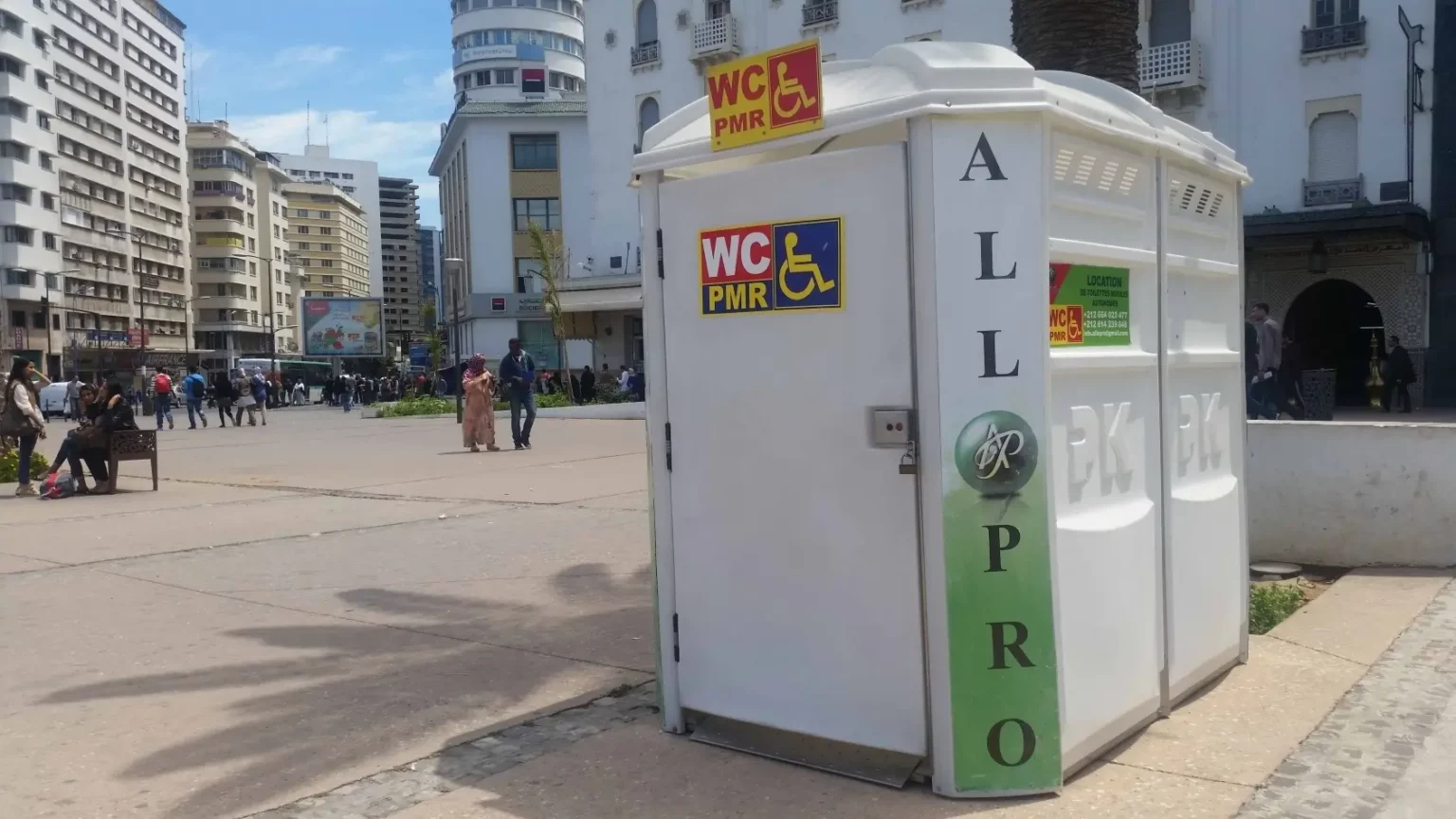
Casablanca maintains its drive for new sanitary facilities 🚻
The city of Casablanca responded to residents’ complaints by allocating 3.5 million dirhams to renovate 14 public toilets. Previously, a more ambitious project for 128 automatic toilets had been entrusted to SDL Casa Aménagement, with a controversial budget of 60 million dirhams. This project has yet to get off the ground.
In July 2024, Casa-Baïa launched a call for tenders for the acquisition of 30 to 60 new toilet blocks to be installed in Casablanca’s 16 districts. These facilities, which will be equipped with ventilation, fire detectors and external cameras, will have to be accessible to people with reduced mobility and incorporate advertising space. This initiative is part of the municipality’s drive to prepare Casablanca for the major sporting events to come: the African Cup of Nations in 2025 and the World Cup in 2030. The aim is to provide adequate sanitary facilities for the many visitors expected, while at the same time making Casablanca a showcase for Morocco.
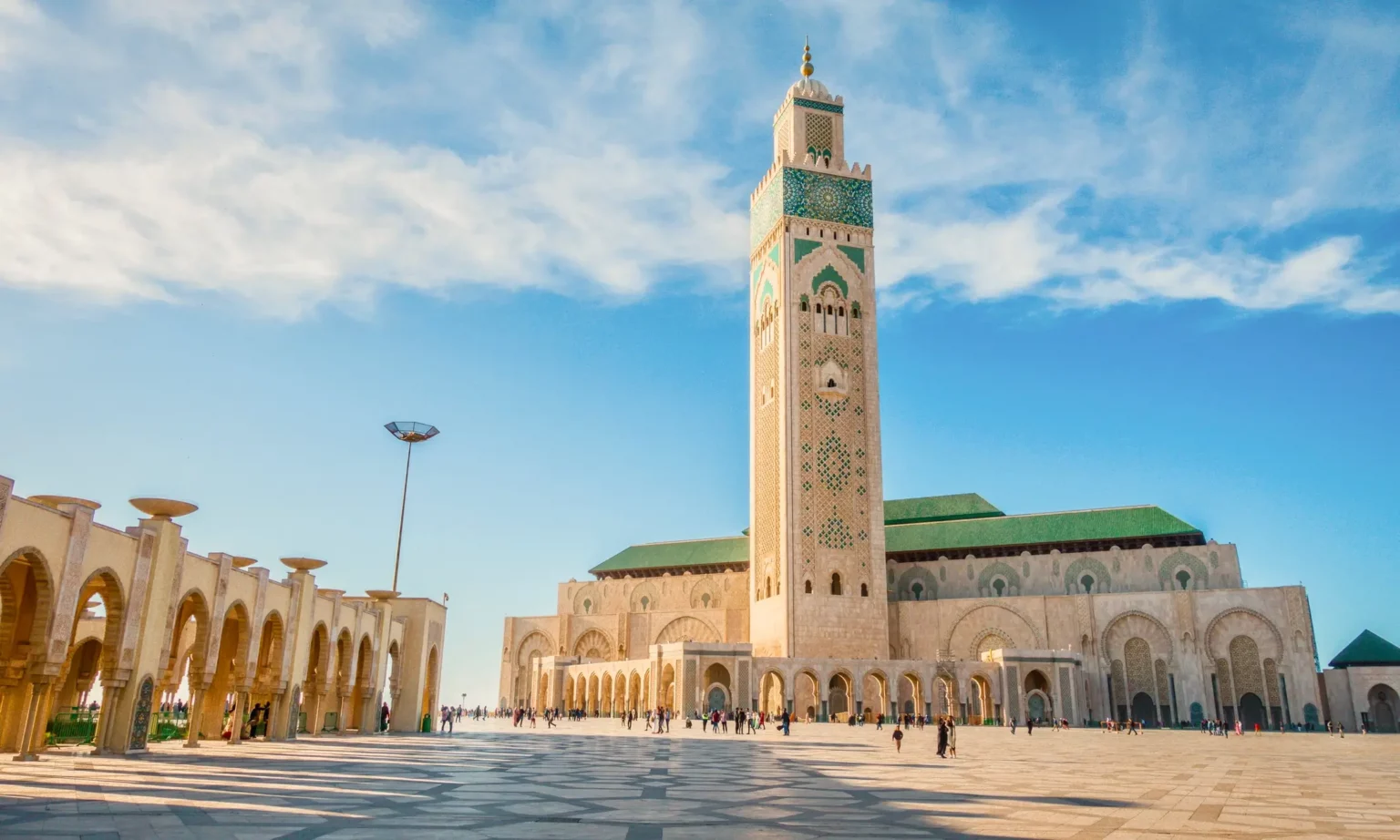
Economist Adnane Benchékroune stresses the urgent need to equip all cities hosting World Cup matches with public toilets. He sees this as a crucial element of urban planning. Access to toilets in urban environments is a major public health issue, particularly for people suffering from chronic illnesses that require frequent and sometimes unpredictable visits to the toilet. In Casablanca, faced with a lack of public facilities, residents are forced to look for alternative solutions. Many turn to cafés, where they are often obliged to drink in order to use the toilet facilities, sometimes at the risk of being refused access. This situation highlights a major urban challenge: reconciling the physiological needs of city dwellers with the infrastructures available in public spaces.
The toilet disaster can even be felt on Moroccan beaches 🏖️
Moroccan beaches, while very attractive to tourists, suffer from an almost total lack of basic infrastructure, including sanitary facilities. This problem is particularly acute in summer, when hundreds of thousands of domestic and foreign tourists, as well as Moroccans living abroad, flock to the country’s coasts.
Unfortunately, this situation often makes it uncomfortable and dangerous to visit Morocco’s beaches.
Very few Moroccan beaches have public toilets, showers or first-aid posts. The few existing infrastructures are generally in very poor condition, due to a lack of regular care. Visitors are therefore often forced to resort to unsatisfactory solutions.
In such cases, the only option is to use the toilets in the beach restaurants. This contributes to their income.
Otherwise, they have to make do with relieving themselves in the sea, a truly worrying gesture.
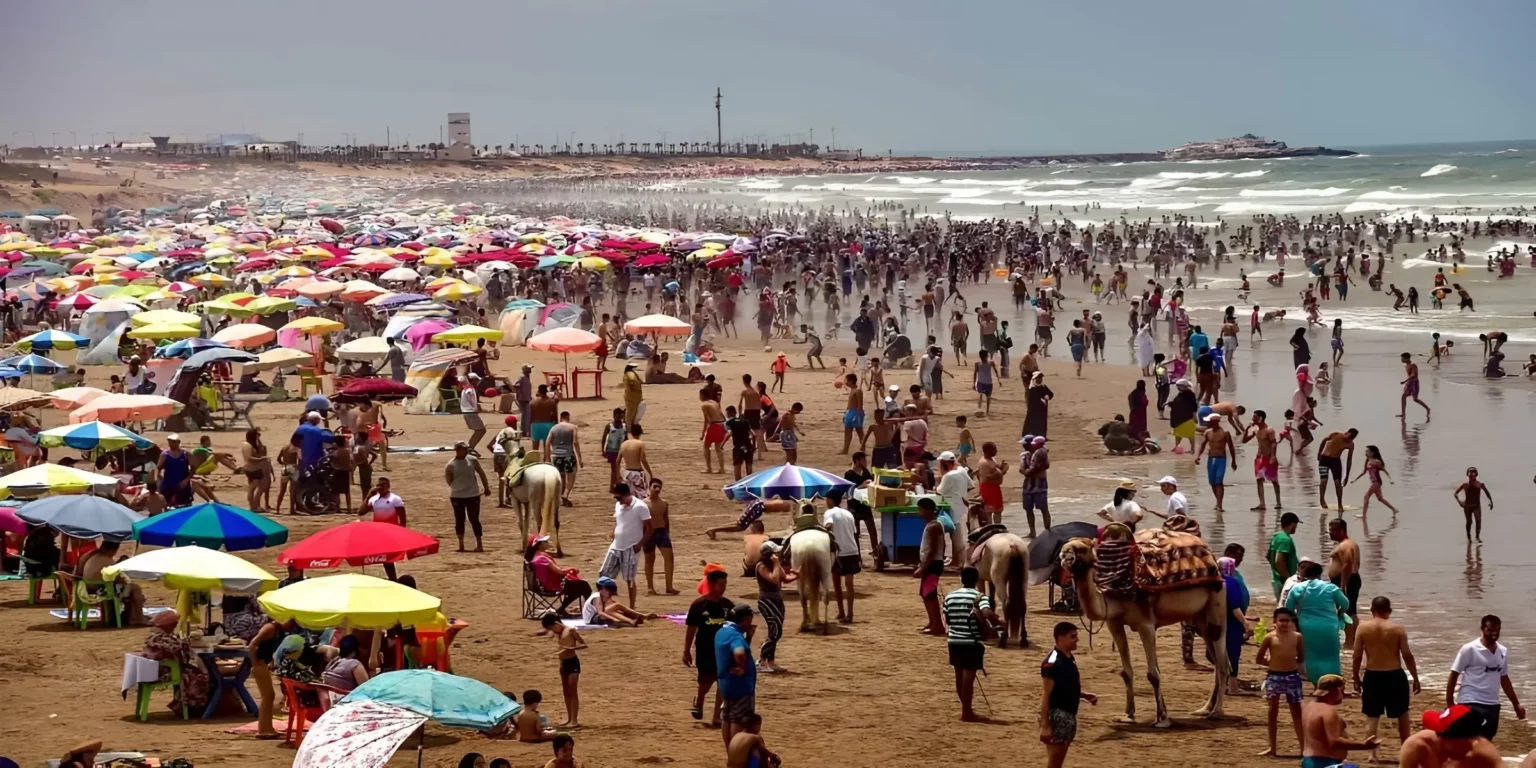
The Fédération Marocaine des Droits du Consommateur (FMDC) alerts the Kingdom ⚠️
The report by the Fédération Marocaine des Droits du Consommateur (FMDC) highlights the importance of public toilets for hosting national and international events such as the World Cup.
According to the document, Morocco is sorely lacking in quality infrastructures to welcome the millions of foreigners the country hopes to incorporate into its hospitality chain.
This lack is detrimental to public health and the well-being of those living in the big cities, especially women, children and the sick.
Lhe WFDC is calling on the government to take action and to install at least 20 public toilets per 100,000 inhabitants.
This would require between 100,000 and 250,000 new installations across the country. To achieve this, the federation proposes that Morocco : open up the sector to private investment, choose modern equipment that complies with health and safety standards, and offer tax incentives for investment. In the absence of private initiatives, the FMDC insists on the responsibility of local authorities for the installation and maintenance of these essential infrastructures.
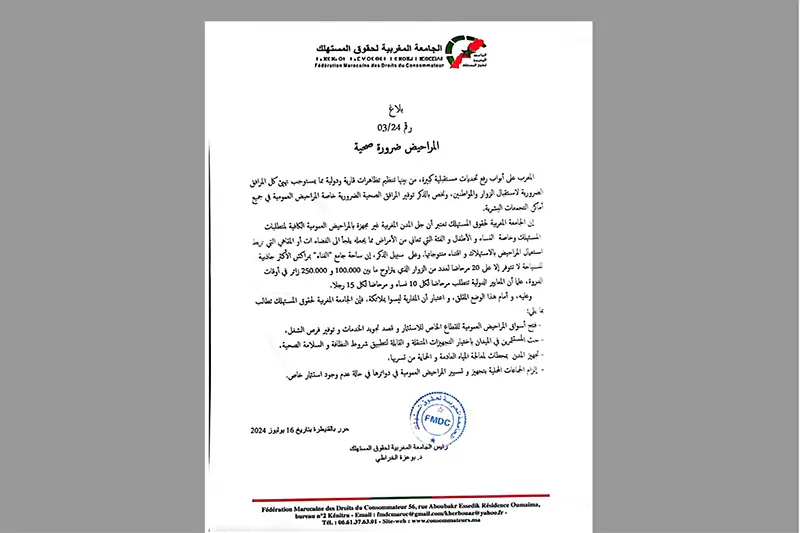
The WFDC’s message highlights a striking paradox: despite all the talk about Morocco’s progress and modernization, fundamental needs have yet to be met. The issue of public toilets goes beyond the simple question of private investment.
It requires general awareness and a strong political commitment to bring about real change. These sanitary facilities are more than just a matter of convenience; they’re also a way of life. revealing the values and priorities of our society.
It’s time to tackle this issue head-on, with a clear head. and perhaps a touch of humour, but above all with a determination willingness to take concrete action.
L’heure est venue de confronter cette réalité et de transformer les paroles en actes, pour que le progrès vanté se traduise dans tous les aspects de la vie quotidienne des citoyens marocains.
Find all the toilets on ICI Toilettes!
Would you like to see all our partner merchants sharing their toilets in your town? Go directly to our ICI Toilettes application or to our “Partners“at the top of our website.
